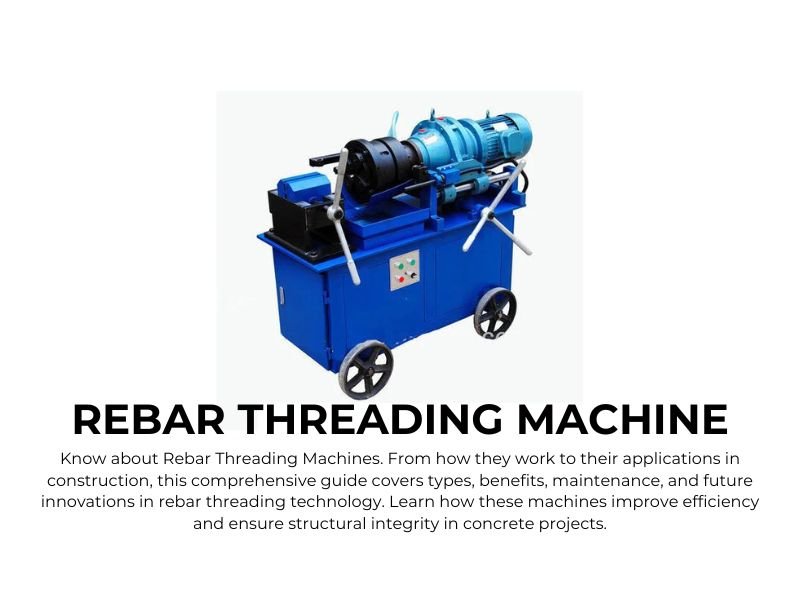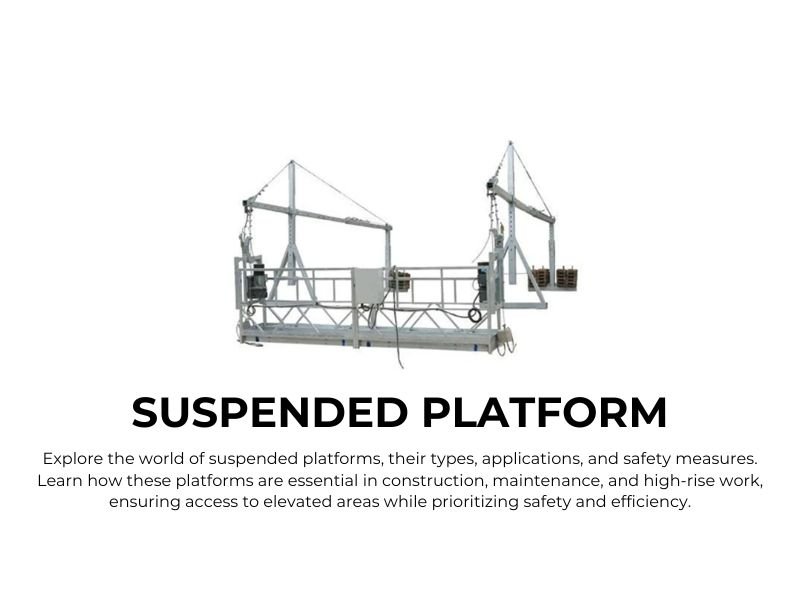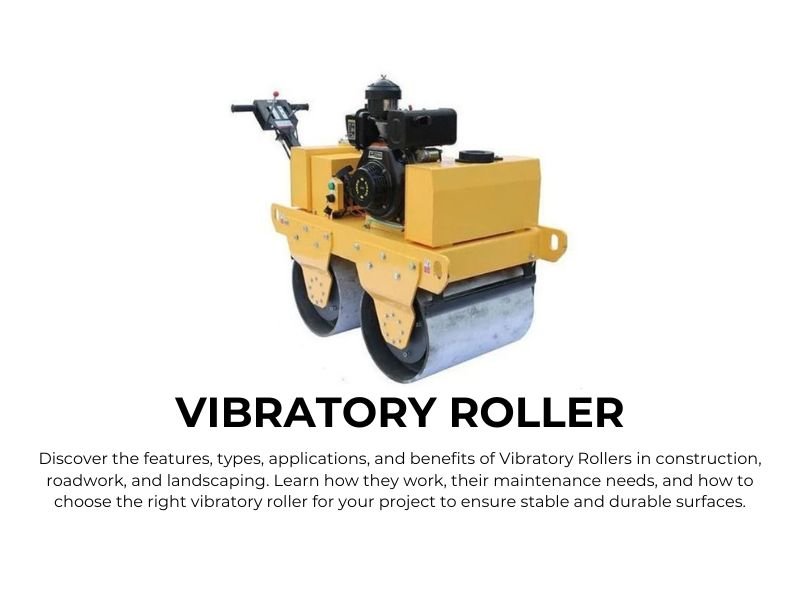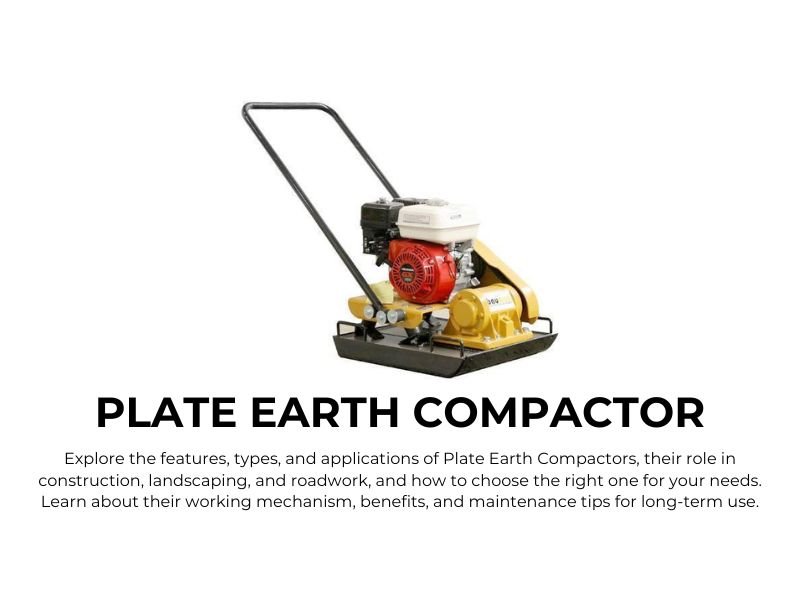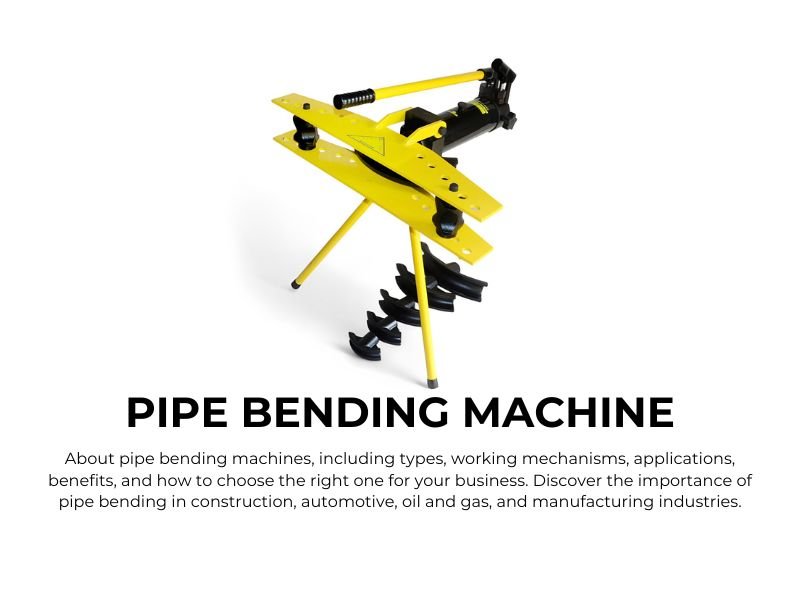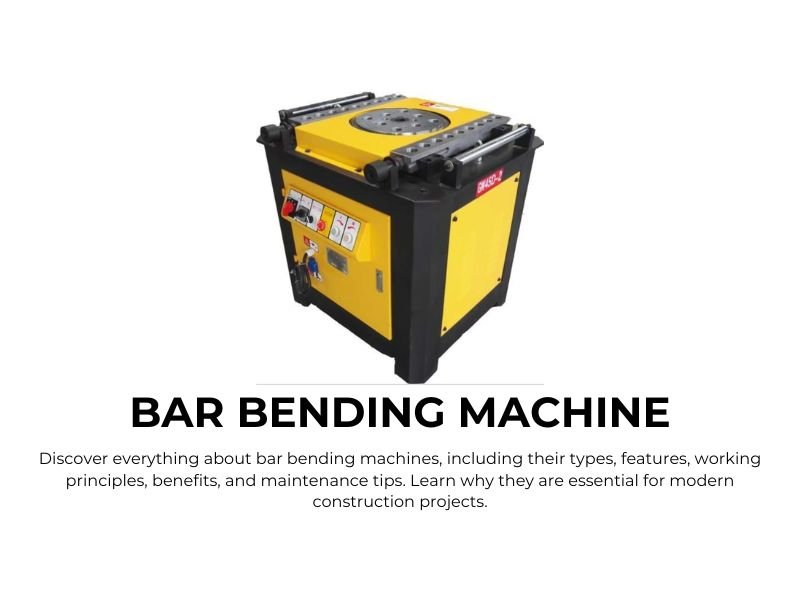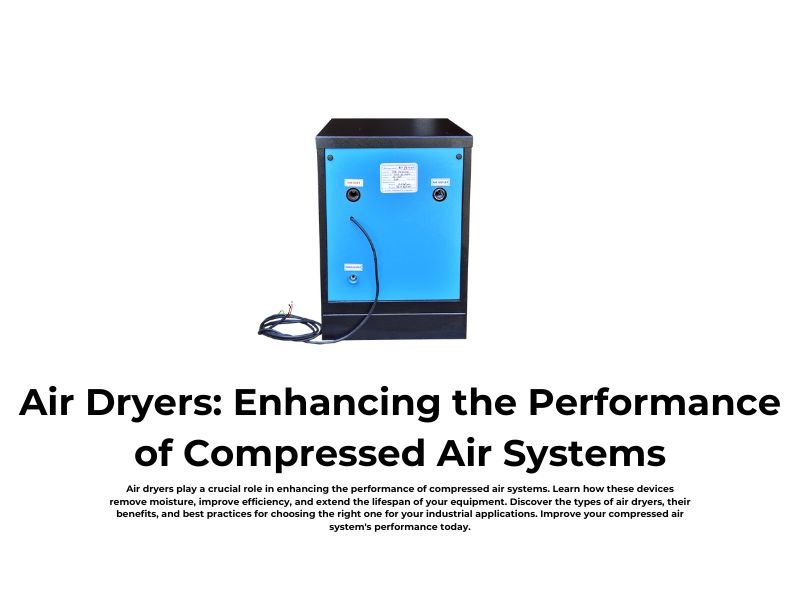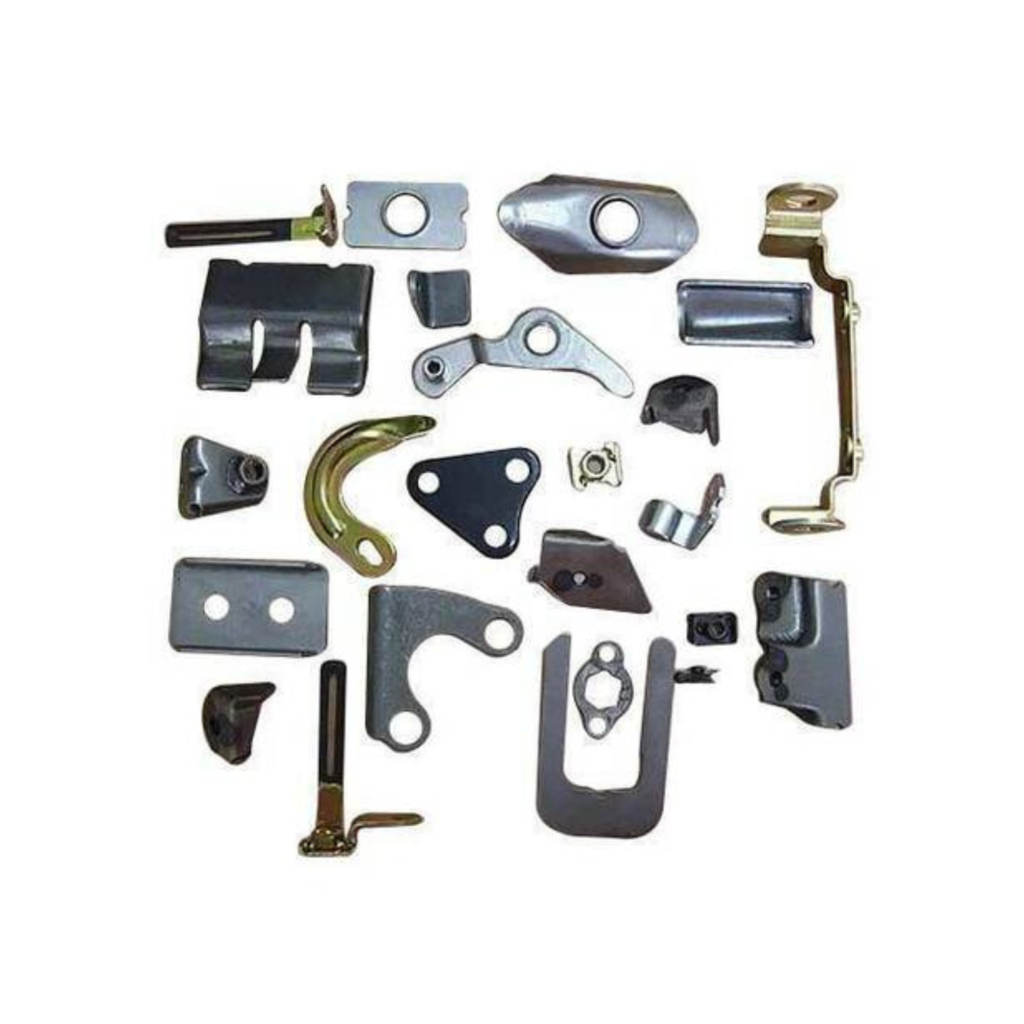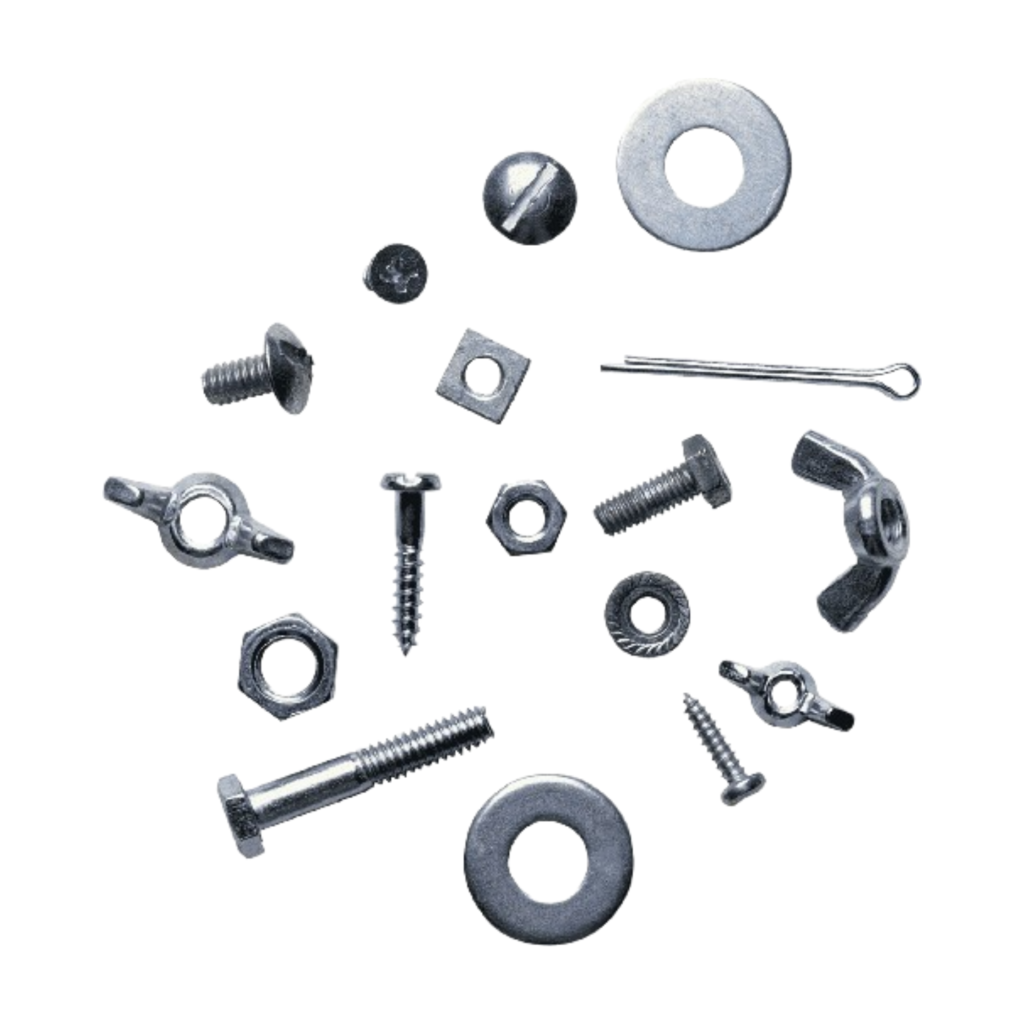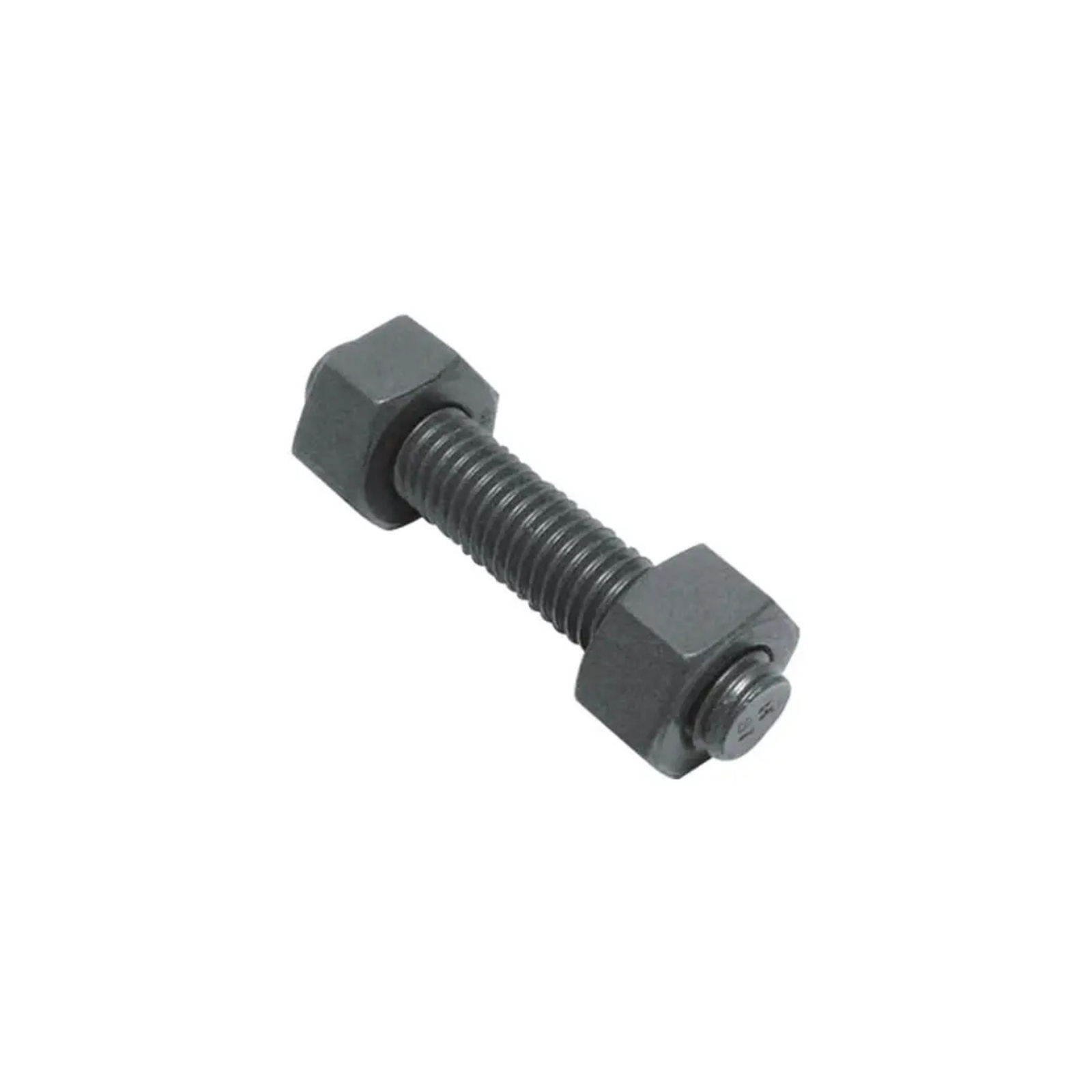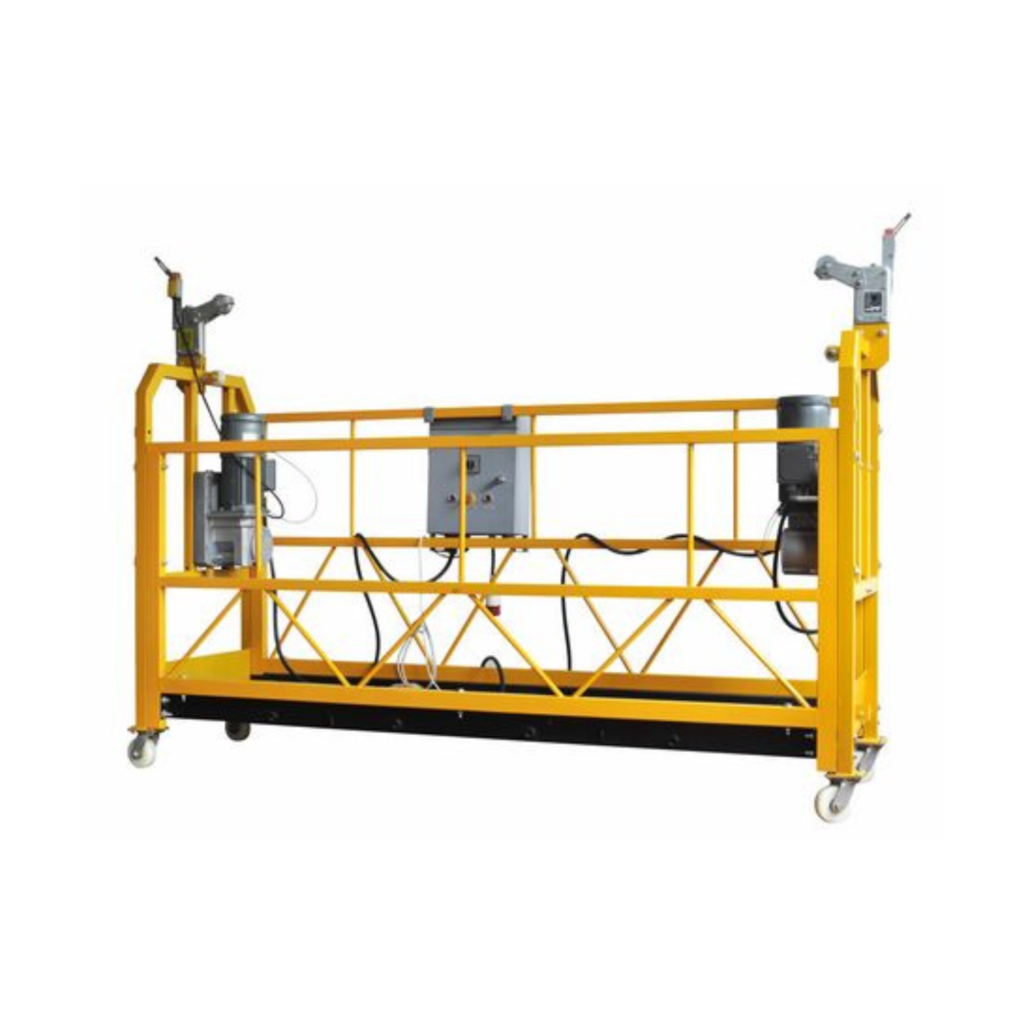Discover how to choose the right oil-free air compressor for clean air applications. Learn about the benefits, features, and industries that rely on oil-free compressors to ensure pure air quality.

In industries where clean, contamination-free air is a necessity, choosing the right equipment is vital for ensuring product quality and operational efficiency. One of the most important tools in these settings is the air compressor. Oil-free air compressors have gained significant attention for their ability to produce clean, pure air without any trace of oil contamination. This is especially crucial for applications in the food and beverage, pharmaceutical, healthcare, electronics, and other industries where air purity plays a significant role in maintaining quality standards.
This article aims to provide a thorough guide on how to choose the right oil-free air compressor for clean air applications. It will explore the various benefits, key features, and factors to consider when selecting these compressors, helping you make an informed decision.
What is an Oil-Free Air Compressor?
An oil-free air compressor is a type of compressor that operates without the use of lubricating oil in its compression chamber. Instead of using oil to reduce friction and prevent wear, these compressors rely on advanced technology such as specialized seals, advanced piston designs, and other innovative methods to ensure smooth operation.
These compressors are designed to produce air that is free from oil contamination, making them the ideal choice for industries that require pure and clean air. While many industrial air compressors rely on oil to lubricate the moving parts, oil-free compressors ensure that there is no risk of contamination from oil particles in the air.
Why is Clean Air Important?
In many industries, particularly those dealing with food, pharmaceuticals, electronics, and healthcare, even the smallest trace of oil in the compressed air could cause significant problems. Oil contamination can damage sensitive equipment, compromise product integrity, and even pose health risks to consumers.
- Food and Beverage Industry:
In the food and beverage sector, oil-free air is essential to prevent contamination of products, especially when used in packaging, processing, and storage. Oil traces could spoil the product, making it unsafe for consumption. - Pharmaceuticals:
In the pharmaceutical industry, the production of drugs and medicines requires extremely high-quality air to avoid contamination. Any presence of oil could result in defective products, which could have serious consequences for patient health. - Electronics Manufacturing:
In electronics manufacturing, clean air is crucial for assembling and testing sensitive components. Oil contamination can damage delicate parts, leading to defects and production delays. - Healthcare:
Medical applications, such as dental clinics or hospital air systems, require oil-free air to ensure that any equipment or tools that come into contact with patients are not exposed to harmful contaminants.
Key Benefits of Oil-Free Air Compressors
1. Purity of Air
The most significant advantage of an oil-free air compressor is the purity of air it delivers. Oil-free compressors eliminate the risk of oil contamination in compressed air, ensuring that the air remains clean and safe for use in critical applications.
2. Reduced Maintenance
Oil-free compressors require less maintenance than oil-lubricated models. Without oil, there is less wear on the system’s internal components, and there is no need to regularly change the oil or dispose of used oil. This leads to lower long-term operational costs.
3. Environmental Impact
Oil-free compressors are more environmentally friendly. The absence of oil eliminates the need for disposal, which can often be costly and harmful to the environment. Additionally, these compressors use less energy, further reducing their carbon footprint.
4. Longer Lifespan
The design of oil-free compressors often results in a longer operational lifespan. With fewer parts subject to wear from oil degradation, these compressors tend to last longer than their oil-lubricated counterparts.
5. Energy Efficiency
Many oil-free air compressors are designed to be energy-efficient, which reduces operating costs. These compressors consume less energy compared to traditional models, making them a cost-effective choice for long-term use.
Types of Oil-Free Air Compressors
Several types of oil-free air compressors are available on the market, each with distinct characteristics and benefits. The most common types include:
1. Piston Compressors
Piston compressors are one of the most popular types of oil-free air compressors. They utilize a piston to compress the air, and the air is directly discharged without the use of oil. These compressors are known for their simplicity, efficiency, and ability to handle low to medium demand applications.
2. Rotary Screw Compressors
Rotary screw compressors use two interlocking rotors to compress the air. These compressors are ideal for continuous operation and larger applications where higher air demands are needed. They operate smoothly and quietly, making them suitable for industrial environments.
3. Scroll Compressors
Scroll compressors use two interleaved spiral scrolls to compress the air. They are highly efficient, require minimal maintenance, and provide a smooth, quiet operation. Scroll compressors are often used in smaller applications that require oil-free air.
4. Diaphragm Compressors
Diaphragm compressors use a diaphragm to separate the air and the mechanical components. This compressor type is best suited for small, precise applications where no oil contamination is allowed. They are ideal for laboratory or medical applications.
How to Choose the Right Oil-Free Air Compressor
When selecting an oil-free air compressor, several factors need to be considered to ensure that the compressor meets the specific needs of your application. Here are the key factors to consider:
1. Air Quality Requirements
The first step in choosing the right oil-free air compressor is to evaluate your air quality requirements. Some industries, such as pharmaceuticals and food processing, have very strict air purity standards. Consider whether your application requires ISO 8573-1 Class 0 air, which is the highest level of oil-free air, or if a lower standard will suffice.
2. Flow Rate
Flow rate refers to the amount of air that the compressor can supply over a given time. For most industrial applications, the compressor should be able to meet the required flow rate to ensure that operations run smoothly without interruptions. The required flow rate depends on the size of the facility, the number of tools or machines being powered, and the air demand.
3. Pressure Requirements
Different applications require different pressure levels. It’s important to select a compressor that can deliver the right pressure for your system. For example, high-pressure applications like certain industrial processes will require compressors that can provide higher pressure than typical systems.
4. Energy Efficiency
Energy efficiency is a key factor in reducing operating costs. Look for compressors that offer energy-saving features, such as variable-speed drives (VSD), which can adjust the motor speed based on demand. This will help lower energy consumption when air demand is lower.
5. Maintenance and Reliability
Although oil-free compressors typically require less maintenance than oil-lubricated models, it’s still important to select a model that is easy to maintain and has high reliability. Check the manufacturer’s maintenance schedule, availability of parts, and service support to ensure minimal downtime and long-lasting performance.
6. Noise Levels
Noise can be a major concern in work environments. Select a compressor that operates at noise levels suitable for your working conditions. Compressors with noise-reduction technology can help maintain a quieter workplace.
7. Size and Footprint
Consider the space available for the compressor. Oil-free compressors come in various sizes, so it’s essential to choose one that fits the available space while still meeting your operational requirements.
8. Budget
Finally, consider your budget. While oil-free compressors are typically more expensive than their oil-lubricated counterparts, the long-term savings from reduced maintenance, energy efficiency, and lack of oil disposal can make them more cost-effective in the long run.
Conclusion
Choosing the right oil-free air compressor is a crucial decision for industries that rely on clean, oil-free air for their operations. By considering factors such as air quality requirements, flow rate, pressure, energy efficiency, and budget, businesses can select the ideal compressor for their needs. With proper selection and maintenance, an oil-free air compressor can provide reliable, high-quality air for a range of applications, from healthcare and pharmaceuticals to food processing and electronics manufacturing.

